Top 10 Most Demanding Skills for Electrical Engineers [2026]

Electrical engineering is a constantly evolving and changing field. Electrical engineers have to possess advanced skills in order to meet the increasing demand of companies in 2026 since the emergence rate of new technologies is merely lightning speed. The most demanding skills for electrical engineers are discussed in this blog, along with reasons why it is necessary to have mastered them. These will surely let you emerge victorious in the competition and gain heights in your career as a career engineer, whatever may be your level of experience.

What is Electrical Engineering?
Electrical engineering is the part of the engineering industry that involves the creation, design, and maintenance of systems, apparatus, equipment, devices, and their applications that involve electricity. It develops the notion of technology that can bring improvement to everyday life.
Key areas include:
♦ Power generation and distribution.
♦ Electronics and embedded systems.
♦ Communication and signal processing.
♦ Renewable energy systems.
Understanding basic electrical knowledge for interview purposes, along with practical problem-solving skills, is crucial for professionals entering the field. Additionally, developing electrical engineer technical skills ensures a strong foundation for tackling complex challenges in industries like telecommunications, automation, and energy.
The Changing Landscape of Electrical Engineering in 2026
Electrical Engineering in 2026 is undergoing massive transformations, in large part because of the push from technological advancement and what the world believes today to be one of its priorities: sustainability. These transformations would need engineers to make new skill acquisitions.
Major Trends:
♦ Renewable Energy Revolution: Solar and wind power growth and reliance on renewable sources
♦ Smart Systems and IoT: Smart grids and interconnected devices
♦ Data-Driven Decision-Making: Big data and AI for optimization of the system.
♦ Electrical Cyber Security Systems: Protect the systems against evolving cyber attacks.
The EEE students skills fulfill the demands for experts in the new technologies. Competition and industry expectations require that engineers maintain a culture of continuous learning.
Why Are New Skills Crucial for Electrical Engineers in 2026?
The technological advancements and dynamic requirements of 2026 emphasize the importance of skill enhancement. Engineers with diverse abilities of electrical engineering are more likely to thrive in their careers.
Importance of Skills for Electrical Engineers:
♦ Adapt to emerging technologies like AI and machine learning ML.
♦ Meet the increasing complexity of renewable energy systems.
♦ Stay competitive in industries requiring advanced EEE technical skills.
♦ Solve critical problems efficiently with advanced electrical engineering problem-solving techniques.
As companies seek professionals with electrical engineer key skills, engineers must focus on skill development to achieve success in this ever-changing landscape. Learning job oriented courses for EEE students will be an advantage.
10 Most Demanding Skills for Electrical Engineers in 2026
With the rapid advancement of technology, there has been a call for special electrical engineering skills in the industry. Engineers are being challenged to have diverse abilities to be relevant and tackle the contemporary challenges. The list below is the top 10 most demanding skills for electrical engineers in 2026.
1. Proficiency in Circuit Design and Simulation
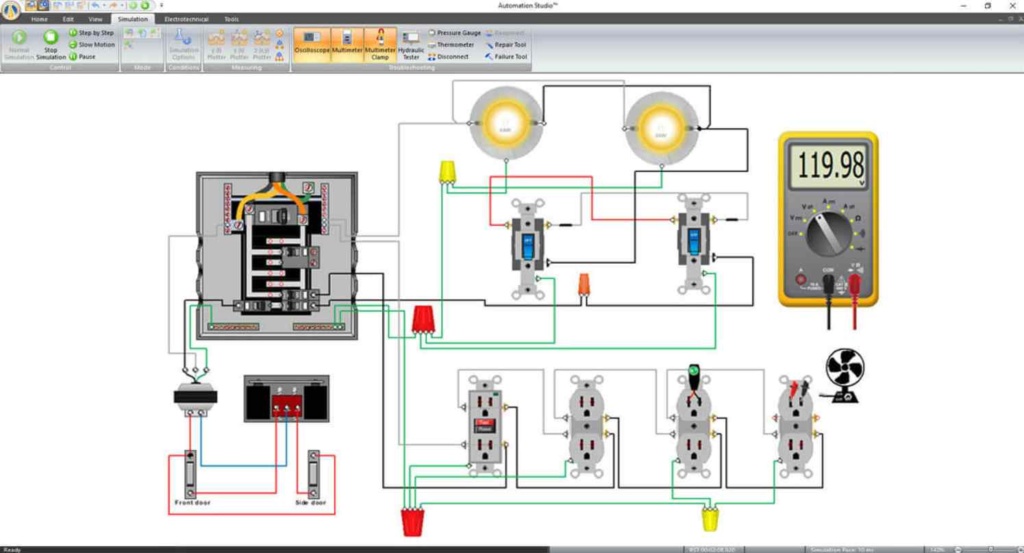
A good electrical engineer should be able to design and simulate circuits. This is the essential nature behind their ability to provide reliability and functionality in electrical systems.
♦ Circuit Design Software: Familiarity with the industry-standard packages, MATLAB, PSPICE, and Multisim.
♦ Simulation Tools: Understanding how to simulate the behaviors in a tool ensures that their designs work as expected before actual implementation.
Circuit design expertise helps engineers design a cost-effective, efficient, and safe electrical system.
2. Knowledge of IoT and Embedded Systems
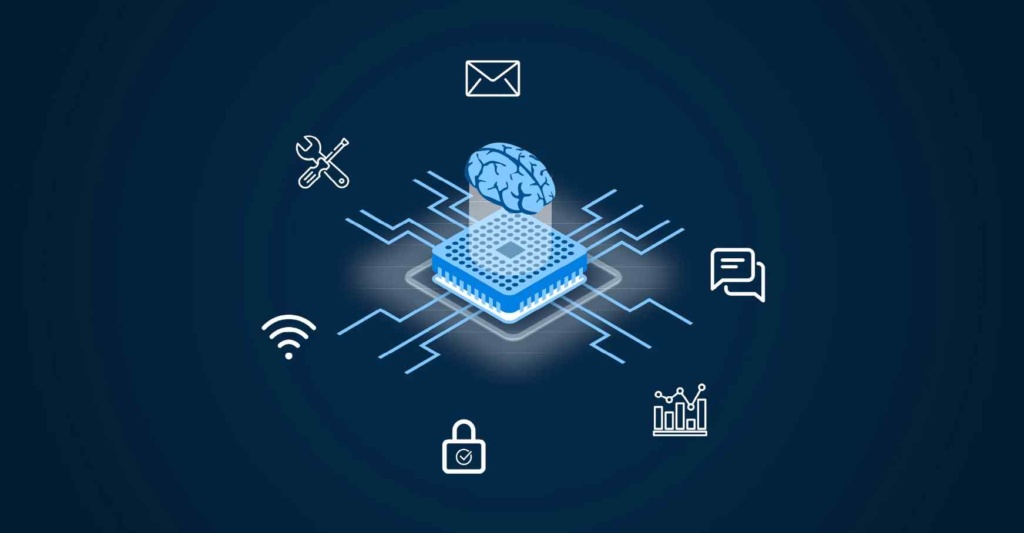
IoT and embedded systems revolutionize the way various industries function. The engineer should possess basic knowledge of electrical engineering for interview about the integration of sensors, software, and hardware.
♦ IoT communication protocols: The engineer should, therefore, know the relevant protocols relating to Wi-Fi, Bluetooth, and Zigbee in addition to knowing how devices interact over an IoT network.
♦ Embedded System Design: Internet of Things device design would likely involve understanding microcontrollers, embedded programming in C/C++, and real-time operating systems.
Hands-on experience in IoT and embedded systems enables engineers to design smart, interconnected devices as the focal point of automation, healthcare, and consumer electronics.
3. Renewable Energy Expertise

Electrical engineers have to concentrate on wind, solar, and geothermal systems in order to have a possibility of producing renewable sources of energy.
♦ The engineers must be equipped with all basic knowledge of electrical and electronics engineering on how to design, install, and service the solar power systems.
♦ Wind and Geothermal Energy: Sustainable development would also necessarily involve knowledge of how these energy sources can be integrated into the electrical system.
Those being trained in the technologies of renewable energy systems, therefore, shall become increasingly important as those technologies assume greater importance to realize the worlds need for energy. These important skills for electrical engineer are really helpful.
4. Programming for Electrical Engineers

More and more, electrical engineers have to be programmatic experts in an effort to automatically enable procedures, analyze data, and control equipment.
♦ Programming languages. The engineers should be able to develop algorithms, data analyses, and simulations using Python, C++, and MATLAB.
♦ Automated software tools. Software Engineers use programming of the tools, like LabVIEW and Simulink, to automate the testing of electrical systems.
Strong and fundamental programming provides electrical engineers with the background knowledge to solve these challenges of automation, robotics process, and digital systems.
5. Data Analysis and Machine Learning Basics
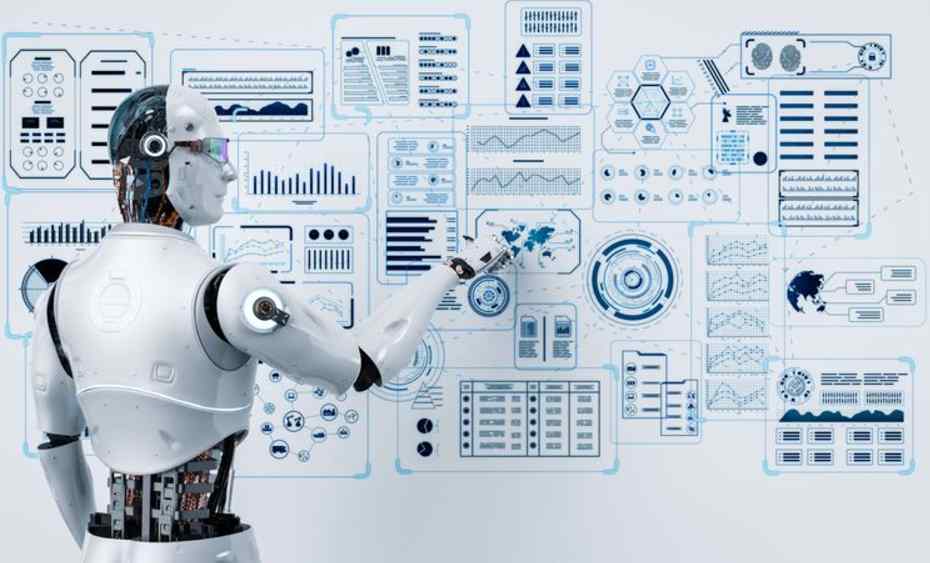
In electrical engineering, data analysis and machine learning (ML) are becoming fundamental components to optimize the performance of systems and predict failures.
♦ Analytics for Big Data: The practice of processing large amounts of data should be fostered using tools like Excel, R, or Python libraries like Pandas and NumPy.
♦ Algorithms in Machine Learning-Practically minimal knowledge is required even in basic ML algorithms like regression, classification, and clustering for designing and making data-driven system decisions.
After the mastery of essential skills for electrical engineers, electrical engineers will be able to come up with more effective electrical systems and progress innovations in AI and automation.
6. Knowledge of Power Electronics
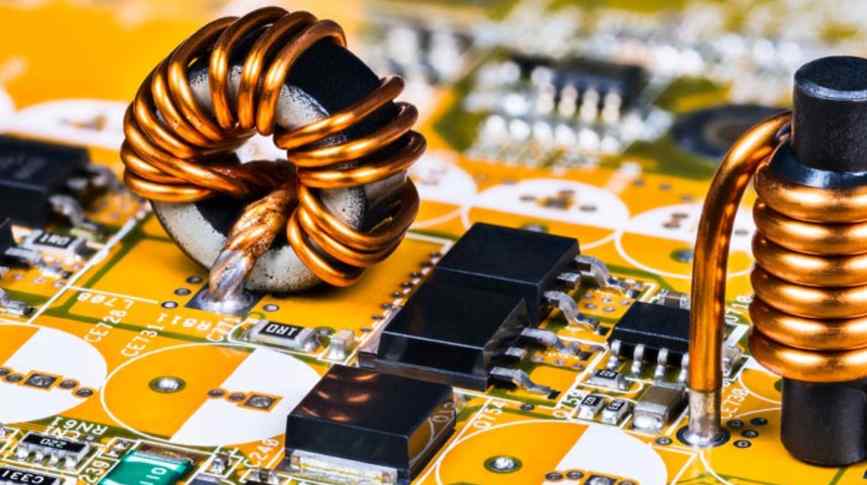
Power electronics forms the backbone of processes involved in power conversion, control, and distribution.
♦ Power conversion is a key component in many applications, such as renewable energy systems and electric vehicles. An engineer must be sure of how DC-DC converters work, AC-DC converters, and inverters work, to understand the power flow.
♦ Power Efficiency: With the ability to design systems having reduced power losses, that efficiency in the transmission and distribution of power will be observable.
Power electronics expertise will be especially important in power systems where industries are moving towards more efficient energy - hence electric and renewable energy technologies.
7. Automation and PLC Programming
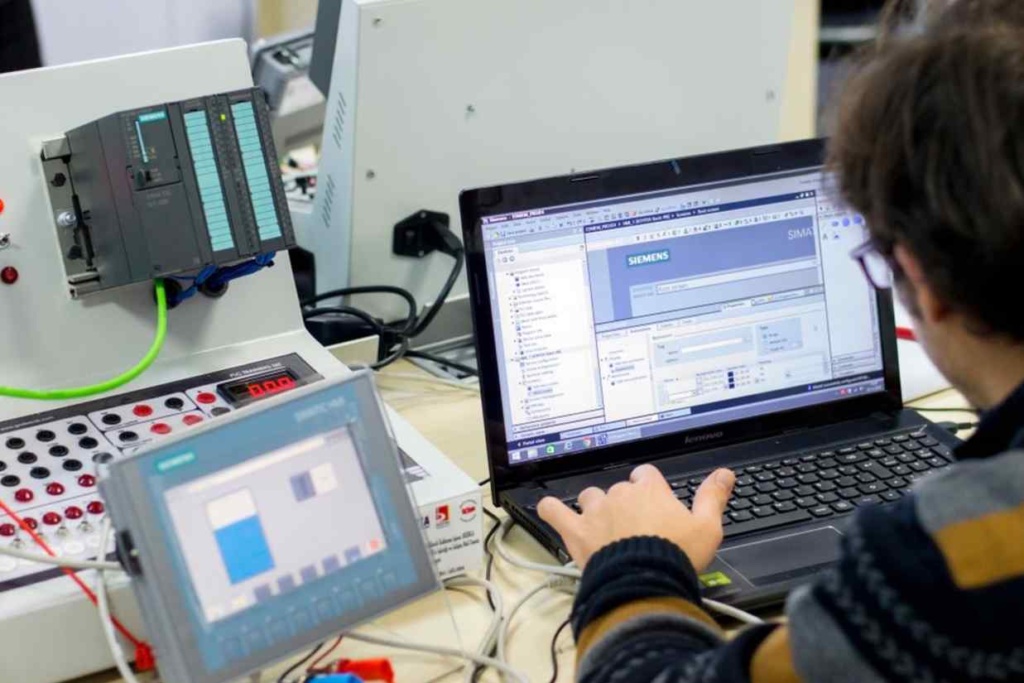
Programmable Logic Controllers (PLCs) are the base for industrial automation. The engineers must possess automation system knowledge.
♦ PLC Programming: Engineers need to understand how to program PLCs to deal with equipment, sensors, and processes in factories.
♦ Industrial automation systems: The SCADA systems and robotics for controlling automatic production lines should be known to engineers.
Mastering automation and PLC programming is also crucial to optimize the manufacturing process and implement smart factory solutions.
8. PCB Design and Development
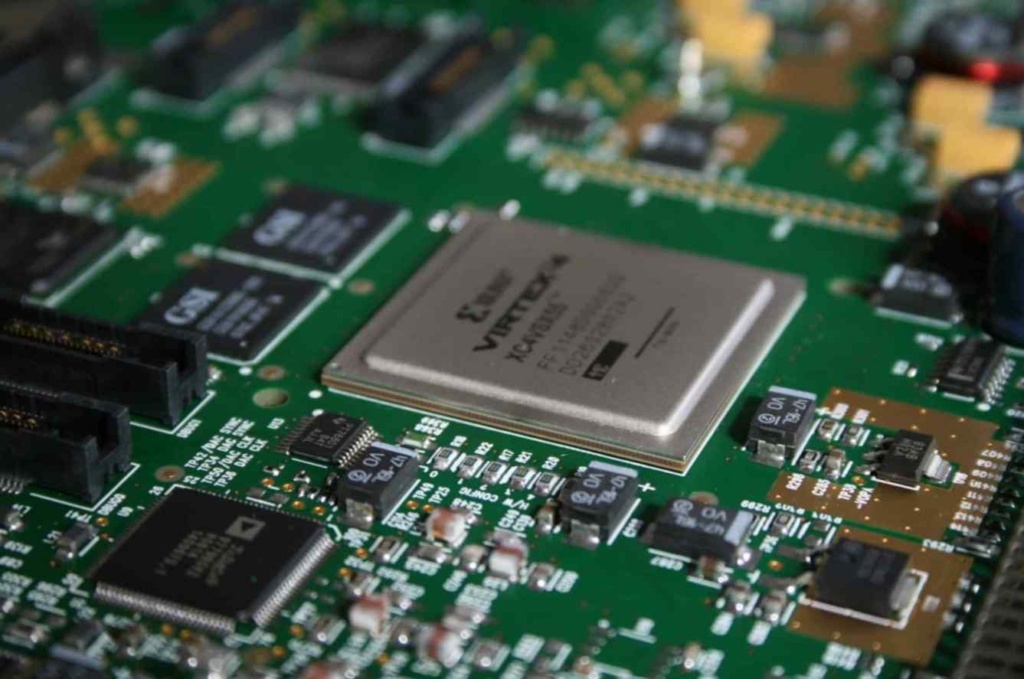
PCB Design is an integral activity of electrical engineering.
♦ PCB Design Software: To achieve failure-free designs of PCBs, one needs to master electrical engineer software skills for using design software such as Altium Designer, Eagle, and KiCAD.
♦ Module Selection: The engineers should be able to select the proper module and design PCBs that need to be compact, less expensive, and performance-oriented.
It would remain pertinent for electrical engineers in such a scenario where demands for small and efficient electronic devices for PCB design and development continue to increase.
9. Project Management and Team Collaboration

Electrical engineers work in teams, handling projects that involve different technical and non-technical stakeholders.
♦ Communication Skills: Candidate should have a proper or effective verbal and written communication skills in order to communicate with the client, stakeholders, and teams.
♦ Project Planning: The engineers should be able to have project control of timing, resources, and budget for effective project delivery.
Attentive management of the project along with proper collaboration will thus mark the success of leading small as well as large-scale projects.
10. Cybersecurity in Electrical Systems
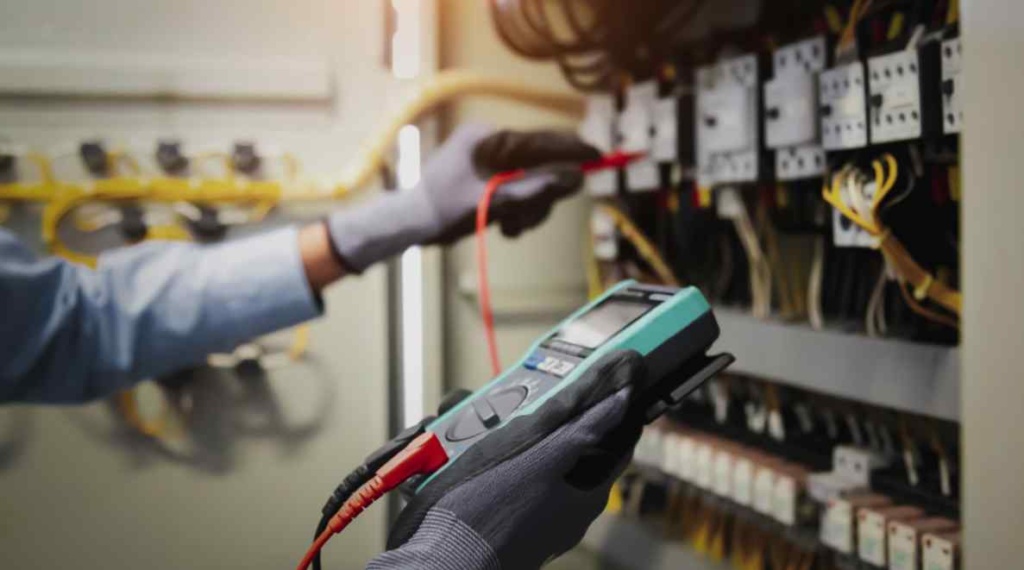
With a surge in the connectivity of electrical systems, cybersecurity has emerged as one of the major concerns.
♦ Protection of Electrical Infrastructure: Engineers should be aware of how such grids, IoT devices, and industrial control systems could be protected from cyberattacks. This encompasses:
♦ Risk Management- The requirement to comprehend risk assessment and mitigation strategies in guarding the electrical system against hacking and potential vulnerabilities.
With further digital connection in the world, it is imperative that engineers working on smart grids and industrial systems acquire the much-needed skills for electrical engineers of cybersecurity in electrical systems.
How to Learn and Master These Key Skills for an Electrical Engineer?
The best skills for electrical engineers highlighted above require sustained and dedicated practice. Here's how electrical engineers may be prepared for 2026:
♦ Online Courses & Certifications - There are plenty of courses related to new electrical engineering technology, such as those from Coursera, edX, and Udemy. Hence, courses on IoT, renewable energy, and cybersecurity are highly recommended.
♦ Hands-On Experience: Building projects and prototypes provide designers with hands-on experience, particularly on areas like embedded systems and PCB design.
♦ Networking: Be part of electrical engineering forums and communities to know the latest best practices from the industry.
Continuous learning coupled with engaging in real world projects is key to putting engineers at a competitive edge to master the electrical engineer skills needed in 2026.
Industries Demanding Electrical Engineering Skills in 2026

Below are the industries crying for skilled electrical engineers 2026:
♦ Renewable Energy: Engineers trained on solar, wind, and geothermal energy will top this list since the world is shifting to renewable power.
♦ Automation: The skills for electrical engineers in PLC programming and automation systems are now on high demand given the upsurge of IoT and automation technologies in manufacturing and industrial applications.
♦ Telecommunications: Advanced 5G network requires highly skilled electrical engineers for the construction and maintenance of high-speed communication infrastructure.
♦ Cybersecurity: As increased interconnectivity of electric systems happens, security people with knowledge in cybersecurity expertise are needed to ensure security of critical infrastructure.
All of these industries will need diverse skill sets ranging from data analysis to power electronics, and engineers with broad knowledge of electrical design engineer technical skills are going to be necessary in these growing industries.
Best Ways to Improve Skills for an Electrical Engineer
Improving the skills for becoming a competitive Electrical Engineer up to 2026 requires constant improvement in skills. Here are some ways to achieve the desired skills for electrical engineers.
♦ Specialized Courses: Maintain updated information through courses in machine learning, renewable energy, and IoT
♦ Practical Experience: Engagement with practical projects such as PCB design or circuit simulation that highlight the difference between theory and practice.
♦ Staying Updated: Blogs and journals are sources of current trends that should be followed to learn about cutting-edge technologies and innovations.
♦ Networking: Join engineering communities and workshops to exchange information and opportunities.
♦ Development of Soft Skills: Strong communication skills in electrical engineering are a must for teamwork as well as project management.
Continuous learning and practice will ensure you always remain in demand within the field of electrical engineering.
Responsibilities of an Electrical Engineer
The list of responsibilities undertaken by electrical engineers is very long, and ranges to include the following:
♦ Designing Systems: Creating circuit designs and power systems and testing them for safety and efficiency.
♦ Troubleshooting: Identifying faults by means of problem-solving and data analysis techniques.
♦Project Management: It means managing project timelines, budgets, and teams to meet engineering goals.
♦ Ensuring Safety: Adherence to safety standards so that electrical hazards may be averted.
♦ Research & Innovation: Contributions toward progress in automation, AI, and machine learning.
These responsibilities make electrical engineers pivotal in infrastructural development and technological growth.
Check out Job Opportunities After Diploma in Electrical Engineering.
The importance of electrical engineers will continue to grow in 2026 as industries change with new technological challenges to be faced. Among the key skills for an electrical engineer in 2026 may have include proficiency in circuit design and embedded systems, integration of renewable energy solutions, and automation technologies. Continuous learning and developing one's skills are what engineers must pursue in order to be relevant and excel in their respective careers.
With mastery of technical skills for electrical engineer fresher, coupled with developing soft skills, and actual experience, the oncoming challenges will be taken care of. Be it a fresher or someone looking to specialize further in their field, these most demanding skills for electrical engineers are going to be the eye-opener for success in the demanding world of electrical engineering.
FAQs
1. How can I improve my technical skills as an electrical engineer?
Focus on hands-on projects, take specialized courses in automation and machine learning, and engage in continuous learning through online platforms to stay updated with cutting-edge technologies and enhance technical skills for electrical engineers.
________________________________________
2. Why does an electrical engineer need to know about renewable energy?
Renewable energy expertise forms a very important aspect of electrical engineers in the design of the solar power system and the wind energy system. It forms one of the high-demand skills for electrical engineers within the electrical engineering industries. These electrical engineer required skills are important.
____________________________________
3. What is the relevance of programming in electrical engineering?
Programming is applied to tasks like the design of embedded systems and data analysis, allowing engineers to work with machine learning, AI technologies, and automated systems for increased efficiency.
________________________________________
4. How does data analysis benefit electrical engineers?
Data analysis allows electrical engineers to optimize the performance of systems, predict failures, and enable informed decisions to enhance the reliability and efficiency of designs of electricity and machine learning models.
________________________________________
5. How does automation change the electrical engineer's function?
Automation enhances efficiency by reducing manual work, enabling engineers to design intelligent systems. Expertise in PLC programming and integrating AI and machine learning is essential for developing automated solutions.


